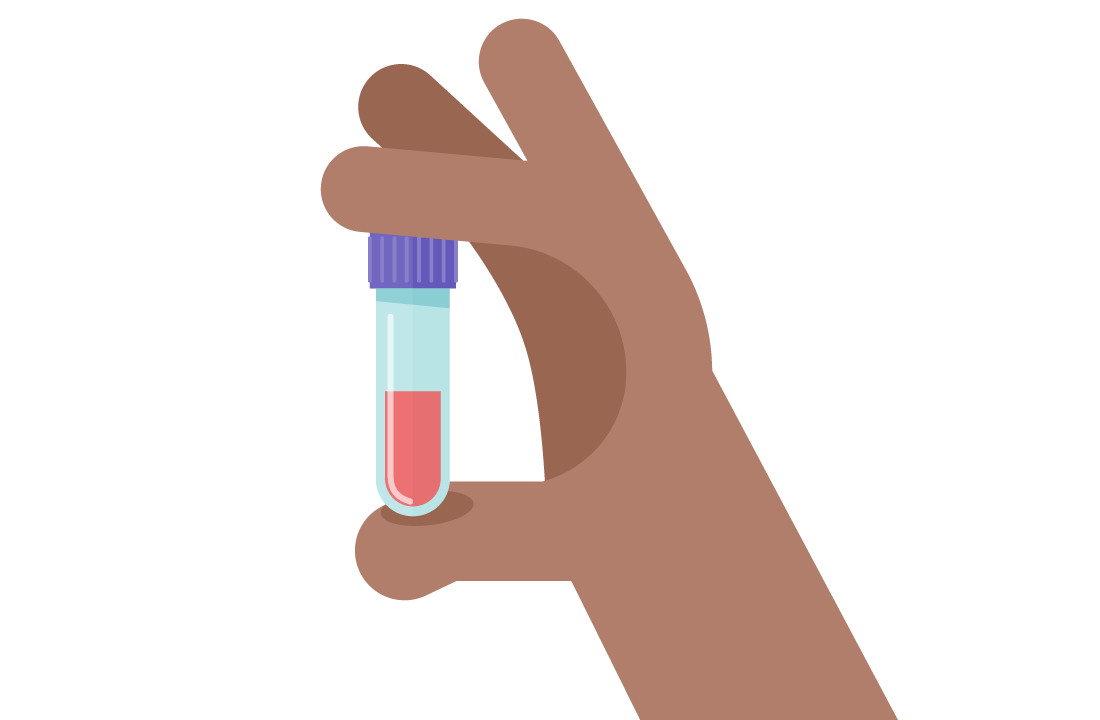About the study
We want to understand more about psychosis and related conditions. To do so, this study will collect information from clinical (medical) records, from blood and other samples, and from questionnaires.

Aim of the study
Our purpose is to develop a UK wide longitudinal representative study to progress our understanding of early identification, treatment and prevention of emerging psychosis patients.
This will support future clinical trials within the NHS, academia and industry to drive preventative approaches and new treatments. Research participants will include 2,000 patients with either first episode psychosis (FEP) or At-Risk Mental State (ARMS), and 500 controls from the general population who have no history of psychosis, as a total across all sites. They will be aged between 16 and 65 inclusive and be able to give informed consent via REDCap.

The NIHR Mental Health Translational Research Collaboration (MH-TRC)
Early Psychosis is a key area of focus for the MH-TRC Mission.
This reflects its high level of patient, carer and societal burden, and the urgent need for the NHS to work with academic and commercial partners to implement preventive approaches and translate insights into new treatments for psychosis. Click below to find out more (opens in new tab).

Chief Investigator
Professor Graham Murray, MD PhD FRCPsych
Graham works on the causes, brain mechanisms and treatments of mental disorder.
He utilizes a variety of neuroscience techniques, including statistical genomics (and other 'omics), brain imaging, computational psychiatry, pharmacological and neuropsychological studies in patients and healthy volunteers. He studies the relationship between cognitive development and mental illness across the lifespan, and on the mechanisms through which etiological factors (such as genetics) lead to pathophysiological disruptions in mental illness. He is interested in the research and clinical applications of risk scores, including polygenic risk scores and clinical informatic risk prediction models. He is working to try to improve the infrastructure for psychosis translational research in the UK, through jointly leading the early psychosis workstream of the Office of Life Sciences/NIHR Mental Health Mission.
Graham is a Principal Investigator at Cambridge centre for Precision Psychiatry and Data Science (CPPDS)

Locations
The Early Psychosis Mission is a cohort study born out of the National Institute for Health and Care Research (NIHR) Mental Health Translational Research Collaboration (MH-TRC) Mission Early Psychosis Workstream, which is a UK-wide organisation:
Information about the Study

Study design
Longitudinal Cohort Study of people with, or at risk of, early psychosis.
Controls will also be recruited to attend a baseline visit to provide comparator data for use as controls for omics, cognitive testing, etc.
Biosample and phenotypic data collected includes:
Prospective questionnaire, clinical and social measures, and blood or saliva sample collection.
Prospective + retrospective routinely collected NHS data and external national linked data.

Things to know
Participants in the study will allow for this, and future studies to learn more about the genetic sequence (genomic), the chemical makeup (metabolomic, e.g. how many fat molecules), the protein makeup (proteomic) and the body’s natural defence system (immune/inflammatory markers) together with collections of cells that will facilitate new research to drive improvements in the early diagnosis and treatment of psychosis.

Clinical outcome measures
Case participants: medical and psychological including cognitive assessments, measured longitudinally via electronic means and/or by a researcher (in person or remotely).
Controls: medical and cognitive assessments measured at baseline visit.
Case and control participants: Blood or saliva sampling for genotyping and biomarkers.

Population
2,000 people with, or at risk of, early psychosis: a recent or current FEP, or ARMS/CHR-P.
500 controls (no history of psychosis).

Duration
We plan to collect data for up to 3 years and store identifiable data and samples for 10 years after the end of the study.

Funder and sponsors
The study is funded by the National Institute for Health and Care Research.
The sponsors are Cambridgeshire and Peterborough NHS Foundation Trust and the University of Cambridge.